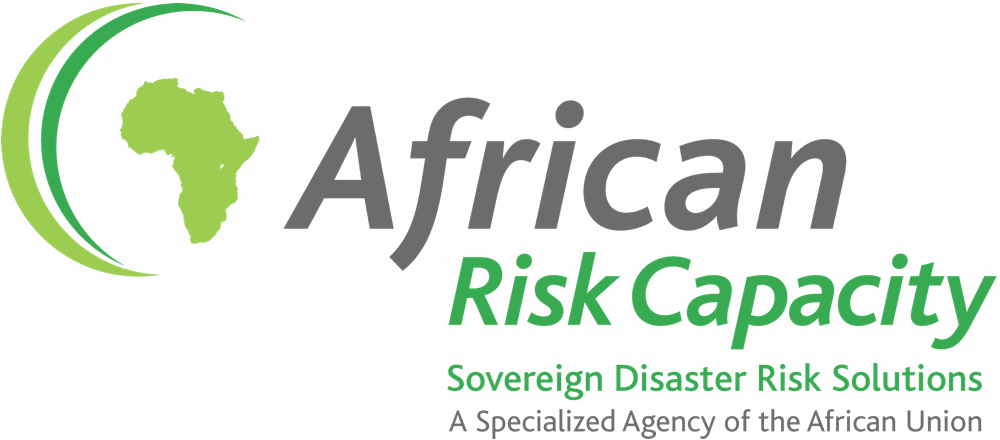Malawi to receive parametric drought insurance payout from ARC

The African Risk Capacity (ARC) will make at least a US $14.2 million payout to benefit the people of Malawi, after the country’s parametric drought insurance coverage was triggered.
The climate insurance pay-out will be made by African Risk Capacity (ARC) Limited to the Malawian government in June, after the country experienced its driest season since 1981.
The Malawi Government had chosen to structure its parametric climate insurance coverage utilising cluster policies from the African Risk Capacity, so that it could more effectively cover different regions from drought this year.
That structuring decision has worked in its favour, with localised drought triggering the parametric insurance arrangement.
The Malawi Government had opted for sub-national triggering parametric risk transfer, specifically in order to address localised drought spells.
The Government insured a total of four cluster policies which covered different regions in the country, explained Lesley Ndlovu, ARC Limited CEO.
“We expect the pay-out amount in June to be over US$14.2 million which will be used to provide food assistance (in kind or cash) to vulnerable households, as well as scaling up an existing social cash transfer programme,” Ndlovu said.
The US $14.2 million payout from the parametric climate insurance product will be disbursed to the World Food Programme in Malawi, delivering much-needed risk capital to an organisation that strives to deliver better risk-management systems and funding related to climate-change effects.
Last November, after drought and pests destroyed significant volumes of crops, up to 65,000 Malawian farming households received a cash pay-out, together totalling US $2.4 million, from a UN WFP agricultural insurance programme.
The WFP is an ARC replica technical partner, meaning it utilises the ARC parametric insurance covers to protect its activities in a country and insure capital flows to enable its work to continue and to replenish funding quickly when climate disaster strikes.
“With the changing climate, farming can be an uncertain business in Malawi, especially for smallholder farmers,” explained Paul Turnbull, WFP Malawi country director and representative at the time. “The pay-outs are a springboard for farmers to continue their efforts in adapting to increased weather-related shocks, and in fighting both food insecurity and poverty.”
ARC continues to demonstrate its utility, having made a $7.1 million payout to the United Nations World Food Program (WFP) in Mali earlier this year as well.
That came shortly after tropical cyclone Batsirai triggered the Government of Madagascar’s parametric tropical cyclone insurance coverage, which resulted in a $10.7 million payout to the country.
Malawi had also received an $8 million payout after its parametric drought insurance cover was triggered back in 2016.






